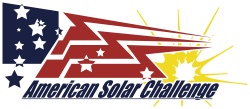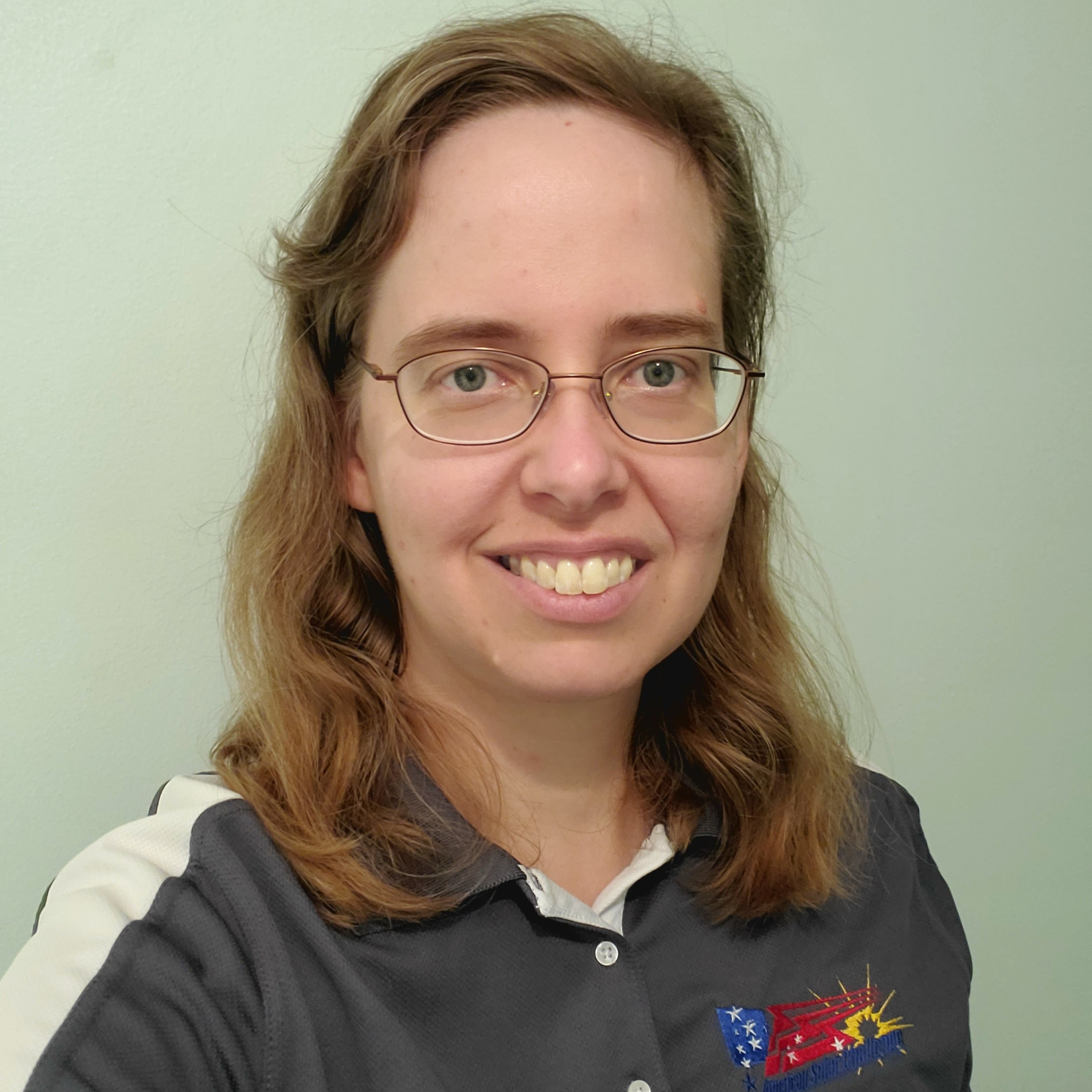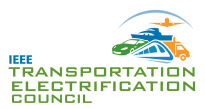American Solar Challenge
Solar cars. Yes, vehicles powered by the sun. It’s not science fiction. For the solar car teams that participate in the American Solar Challenge, it is nominally a 2-year project that often runs similar to a small business, complete with the engineering and business components to go from concept to reality. The American Solar Challenge is a collegiate student design competition to design, build, and drive a solar-powered vehicle along a pre-defined route and is the road trip many of these teams look forward to in order to showcase the capabilities of their solar-powered vehicle.
 History of the American Solar Challenge
History of the American Solar Challenge
Originally branded Sunrayce in 1990, these solar challenge events typically occur every two years, covering a variety of routes across the US. In 2000, the event was rebranded to the American Solar Challenge and the track qualifier was made into an annual event and branded as the Formula Sun Grand Prix. Through the years, the regulations have adapted with advancements in technology, allowing the solar cars to be designed with less solar array and smaller batteries while showcasing their energy efficiency during the events. Universities from across the US, Canada, and around the world participate in these challenges, powered by the sun, with their often unique-looking solar vehicles.
In the fall of 2009, the Innovators Educational Foundation, a 501c3 non-profit, took over the operations of the events. The event staff is largely made up of alumni who know first-hand the value of the solar car experience and desired to continue to make this opportunity available to the next generation of students.
Adapting during COVID-19
Due to the COVID-19 situation and only a few universities willing to participate, the 2020 event had to be postponed. For many teams, the solar car project is a 2-year endeavor, with of course the big goal of participating in the event and showing the capabilities of their solar vehicle to the world. With the brakes put on in-person events, teams had to work within their university’s restrictions to adapt. For many, this meant finding parts of the project that could be done remotely, including design efforts, project management planning, recruiting, fundraising, and smaller component projects that did not involve large group gatherings in their workspaces.
From an event perspective, attention turned to holding the IEF Solar Car Conference (virtual edition) in February 2021 to keep the teams engaged. The virtual aspect allowed for a greater diversity of speakers, including several international speakers, and a record of 32 teams and nearly 500 team members participating over the 10-day conference, including several new teams getting started with their first solar car project. Having growth during a season of much uncertainty was great to see as the hands-on, experiential learning, multi-disciplined nature of the American Solar Challenge is so important in preparing students for their future careers.
Plans for ASC 2021
With restrictions lifting in many areas, a majority of the registered solar car teams still intending to participate in events this summer, and enthusiastic communities looking forward to seeing the solar-powered vehicles drive through, preparations for this summer’s American Solar Challenge continue to move forward. Obviously, these events are contingent on the COVID-19 situation and may be adjusted as needed depending on the circumstances, restrictions, and other factors beyond our control
The total events will run 12 days from July 27 to August 7. First, the solar cars must go through an inspection process known as scrutineering, which checks the electrical systems, mechanical systems, driver egress, dynamic testing, and more for compliance with the regulations of the event.
Once a team passes scrutineering, they are eligible to participate in the 3-day Formula Sun Grand Prix (FSGP), a road-course track event that also serves as the qualifier to get into the American Solar Challenge (ASC). FSGP provides the teams 3 consecutive 8-hour driving days to complete as many laps on the track as possible. Morning and evening solar charging times allow the teams to recharge the onboard batteries a bit before the nightly impound. For 2021, both scrutineering and FSGP are scheduled to be held at Heartland Motorsports Park in Topeka, KS.
Following FSGP, the teams that have qualified for ASC will transition to Independence, MO for a display day and preparations for the road rally event. For ASC 2021, the solar car teams will be following a large portion of the Santa Fe National Historic Trail, driving from the start on August 4 in Independence, MO to Santa Fe, NM, looping back to Las Vegas, NM for the finish on August 7. By following this historic 1821-1880 trade route, the solar cars will help commemorate the Santa Fe Trail's bicentennial and highlight innovation and transportation, past and present. With 900+ miles of roads to travel, there should be ample space to find a safe viewing location along the route to see the solar cars and cheer on the teams.
Learn more at: https://www.americansolarchallenge.org/
Follow us on Facebook: https://www.facebook.com/AmericanSolarChallenge
Check out photos from past events: https://www.flickr.com/photos/americansolarchallenge
Participants and event staff for the
Formula Sun Grand Prix 2019
gathered for a group photo before
starting 3 days of driving laps at
the Circuit of The Americas track.
(Photo Credit: Innovators Educational
Foundation/American Solar Challenge.)
Author
 |
Gail Lueck serves as the Operations Director of Innovators Educational Foundation and the Event Director of the American Solar Challenge and Formula Sun Grand Prix events. Her start with solar car began in college with the University of Missouri-Rolla (now Missouri S&T) Solar Car Team, serving in a variety of roles, including Team President for 2 years. In 2003, she accepted a volunteer staff position with the American Solar Challenge. Over the years, Gail has served in a variety of roles, including route development, stage/checkpoint crew, dynamics inspector, and headquarters, among others. In 2009, Gail was one of the founders of the Innovators Educational Foundation, the 501c3 non-profit organization formed to continue the collegiate solar car events in the US. |
About the Newsletter
Editors-in-Chief

Jin-Woo Ahn
Co-Editor-in-Chief

Sheldon Williamson
Co-Editor-in-Chief
TEC Call for Articles 2023 - Advances in Charging Systems
The TEC eNewsletter is now being indexed by Google Scholar and peer-reviewed articles are being submitted to IEEE Xplore.
To submit an article click here.


